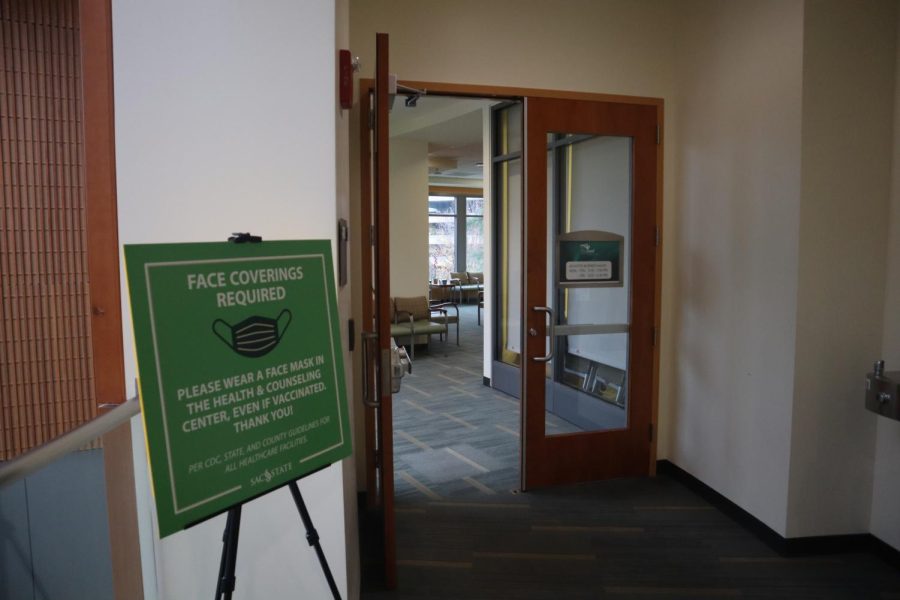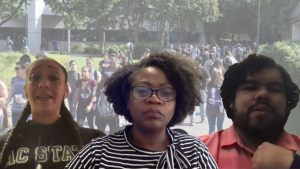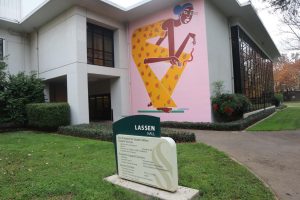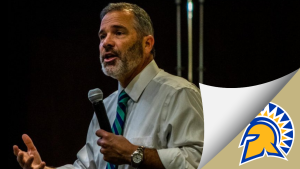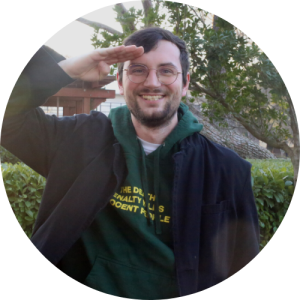Sac State to receive $2.2 million in state funding for mental health services, basic needs
Money to fund hiring of counselors, medical expenses
Sacramento State is getting $2.2 million dollars from California to go toward the university’s Student Health and Counseling Services (SHCS) and Crisis Assistance & Resource Education Support (CARES) office respectively, according to Associate Vice President of SHCS Joy Stewart-James and Associated Students Inc. director of natural sciences and mathematics Isha Bindal.
December 6, 2021
Sacramento State is receiving $2.2 million dollars from the state of California to go toward the university’s Student Health and Counseling Services (SHCS) and Crisis Assistance & Resource Education Support (CARES) office respectively, according to Associate Vice President of SHCS Joy Stewart-James and Associated Students Inc. director of natural sciences and mathematics Isha Bindal.
Vice President of Student Affairs Ed Mills told The State Hornet that ASI and the California State Student Association lobbied for the additional funding.
“The funding has already been made available to the university,” Mills said.
At ASI’s working board meeting on Wednesday, representatives from both organizations presented their plans to use the funding.
“This is really the first time that we are getting funding that is going to be sustainable,” Stewart-James said.
According to Stewart-James, SHCS wants to use the funding to provide more services to students. The services for students are located in The WELL.
“[SHCS is] looking at creating a voucher system to cover outside specialty services for students,” Stewart-James said. “That being psychiatric care, ADHD testing, autism disorders, schizophrenia and other psychotic disorders.”
Stewart-James said that those are only a few examples of what that funding would be set aside for, but that Sac State’s health center and counseling center are for “primary basic services.”
“What’s happened over time is there are numerous specialty services that students may need on the medical side as well as the mental health side,” Stewart-James said.
Stewart-James said that this funding will be able to cover medical expenses for students on a voucher-based system based on a $175,000 pool.
As far as how coverage will be distributed student to student, Stewart-James says that is still being decided and amounts will vary based on whether students have insurance and the length of services provided. SHCS still has services to help students without insurance..
She also said that SHCS has developed good relationships with health service providers in the community.
“If a student is going to require much more long-term kinds of things, what [SHCS] will do is… connect the students with a local provider and really try and get them insurance if they don’t have it,” Stewart-James said.
SHCS also hopes to bring more counselors to the department so that they can help more students and reopen their satellite centers in engineering and the residence halls.
Part of the process of growing its number of counselors is their peer counseling program, which pays a $500 stipend to students who work as peer counselors.
According to the Sac State webpage for SHCS, peer counseling is “part of the Student Health and Counseling Services team and [serves] as an additional on-campus resource to promote safety and well-being.”
In her presentation Stewart-James shared that the ethnic diversity of the counseling department consists of two Black and African American counselors, three Hispanic or Latino counselors, two Asian or Pacific Islander counselors and five white counselors.
Director of Inclusive Excellence Learning Robert Reyes asked SHCS what they can do to increase the diversity of counselors to better reflect the diversity of Sac State’s student body, since the department plans to hire more counselors.
“We, as a Hispanic serving and Asian serving institution, are sort of struggling to meet some of that social and emotional need,” Reyes said. “I’d like to speak to somebody who might understand my culture.”
According to Stewart-James, the “hiring pool” for diverse counselors is limited.
“We’re trying to be much more targeted, and we’re looking for specifically addressing the target group of students that we’re trying to reach,” Stewart-James said.
Bindal created the strategic priority to recruit more diverse mental health counselors so that the diverse Sac State student body can talk about their sensitive struggles with someone who understands their culture.
ASI’s strategic priority means it is invested in the diverse hiring of more counselors, and SHCS now plans to commit $819,072 from the $1.1 million they will receive for mental health services specifically for the hiring of more counselors, according to Stewart-James.
ASI President Samantha Elizalde, Bindal and other ASI directors met with Ronald Lutz, director of counseling services, as well as Stewart-James last month to request support in hiring more diverse counselors. Bindal said she felt confident that SHCS will be able to accomplish this goal.
“Mental health is not just about feeling happy,” Bindal said. “It affects every single aspect of your life. I hope that as [students] feel more mentally stable, they’re more academically stable.”
Bindal said that if the mental health and counseling department is unable to hire more staff that look like the students on campus, she would settle on increased cultural competency training for Sac State’s counselors.
“It’s a really long process, but I do think that it can happen,” Bindal said.






























































































































